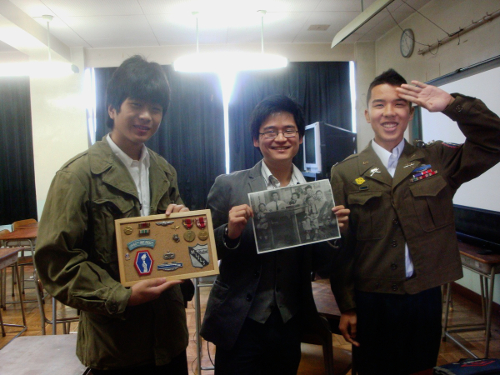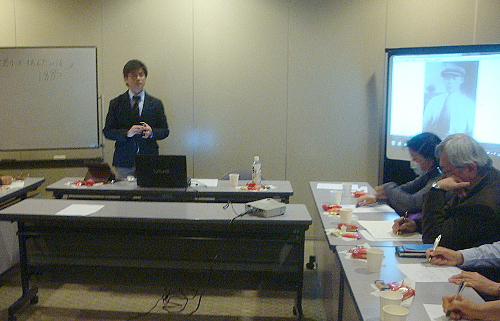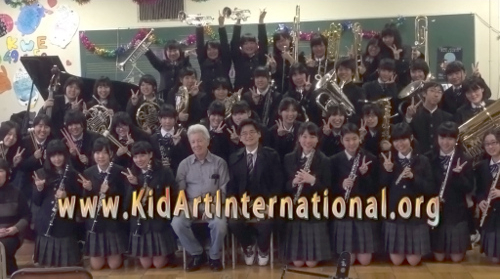Jonathan Abbott
Reflection from Jonathan Abbott (ELP 2014)
I was home on March 11, 2011. At 2:46 p.m. my Tokyo apartment started to tremble. I went outside where I joined dozens of people on the narrow streets near my house. People looked at each other in disbelief as the earth trembled with more force.
I remember looking at my watch because the shaking never seemed to end. The earth felt light under my feet, like the streets would crack open. When it stopped, someone brought a TV into the street and we watched the tsunami wipe out lives in Tohoku.
Before I came to Japan, I did not know how to define “American Culture.” Living in Japan helped me see a lot of things I never noticed about America before. As an outsider in another country, I became prouder of the struggles of American Japanese, of their heroism during World War II, and the place American-born Japanese carved out for themselves in society after the war. I became prouder of people like my mother and her family, who had been interned at Heart Mountain in Wyoming.
In Japan, I was an English teacher in public schools. I followed the designated school curriculum. It taught English, but not communication; memorization, but not thinking; words, but not passion. In school textbooks “Americans” were blonde and Caucasian; teachers were “foreigners” who came from countries students could not remember.

I went to Tohoku with a volunteer group that left late Friday nights after work. We drove the 300 miles to Iwate, split the gas bill, and came home Sunday evening. I was encouraged to do more. I wanted to teach my culture; about being American and Asian, to explain that the two can be part of a whole. I wanted students to know about America and its people and for Americans to learn what a special place Japan is.
In Tokyo, I gave lectures at my schools and at community centers to teach about Japanese in America. I started a group called KidArt International. I invited American artists to Japan to encourage creative expression, and to show students America and its diversity, as well as how English is a tool for communication. So far our visiting artists have touched the lives of 3,000 people in five different areas of Japan.

I was thrilled to be selected as a TOMODACHI Emerging Leader in 2014. At the USJC Annual Conference in Hawaii, I was able to meet like-minded individuals and make friends in both Japan and America. I met passionate people who have helped change the world in which we live. I feel honored and humbled to be part of such an accomplished group. I hope USJC continues its mission of connecting the two countries and I am looking forward, as an Emerging Leader, to help spread its message.
